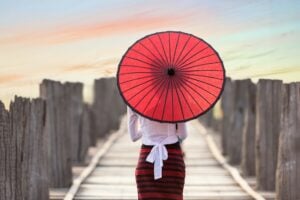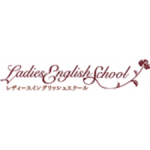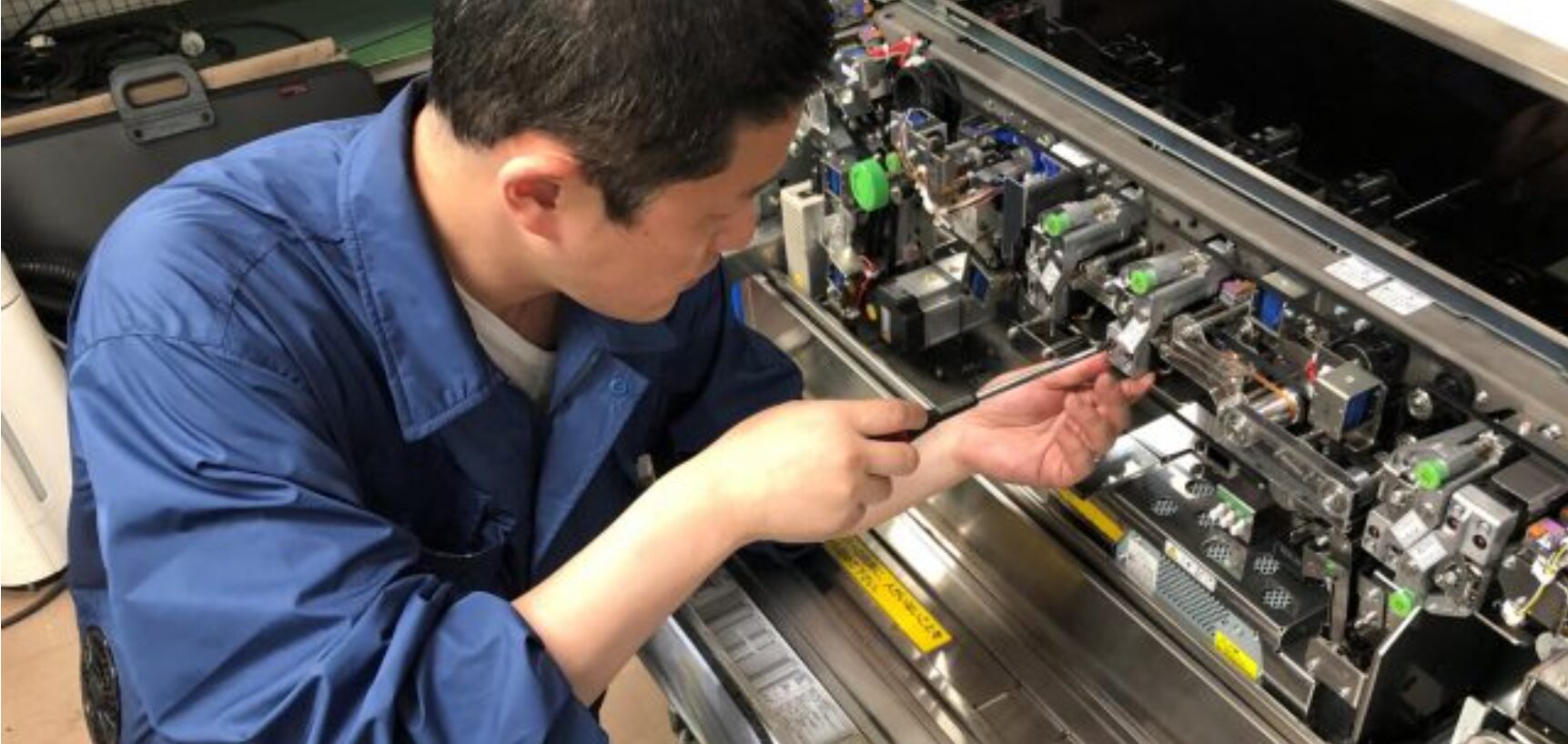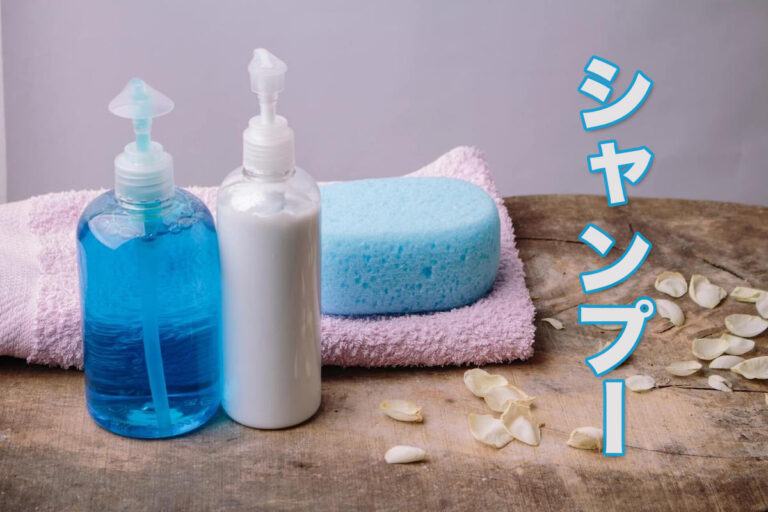
I bought my first shampoo in Japan when I was severely jet-lagged. I had just moved to start my new life and could barely read katakana or hiragana. In my nearest combini, I selected a bottle from the small health and beauty section. It was a white, rounded bottle featuring a little cartoon lady, towel on her head. Perfect. On use, it lathered nicely with a subtle scent.
Once I had settled, a friend visited my apartment. Before showering, she asked where I kept my shampoo. I gestured to the bottle. “Oh”, she said in a wave of second-hand embarrassment. “That’s actually body wash”.
I had been washing my hair with soap for two months.
So, I understand how confusing shopping for shampoo in Japan can be! Read on to learn all you need to know to find the best hair products for you.
How to buy hair products in Japan
Luckily, you will probably recognize some shampoo brands if you shop in larger drug stores or supermarkets. Popular brands such as Pantene, Dove and Lux are widely available.
Some of these brands will have English on the packaging. Even with no written Japanese knowledge, you can probably find products clearly labelled with ‘shampoo’ or ‘conditioner’. But to limit yourself to these options would be a mistake. Japan has a huge range of amazing shampoos on the market.
Try learning the basics to get started:
Shampoo
Shampoo is most commonly translated to ‘シャンプー’ on product packaging. You may see the kanji ‘洗髪’ usually referring to the verb to wash hair.
Conditioner
Look for products marked with ‘ヘアコンディショナー’ or just ‘コンディショナー’. Conditioner is also often called ‘rinse’ (リンス) in Japan.
Hair care by Hair type
What if you have a specific hair type? Here’s how to find more specialized shampoos for different hair care needs:
Anti-dandruff shampoo
Dandruff treatment shampoos can be translated as ‘ふけ防止シャンプー’. However, keep a lookout for scalp (‘頭皮’) treatment shampoos too.
Dry/ damaged
Hair damaged by over-styling, or just dry by nature, needs a little extra care. Conveniently, due the popularity of ‘western style’ packaging, most hair products for damaged hair will be labeled with English (words such as ‘moist’, ‘repair’, or ‘dry/ damaged’). However here are a few more terms to look for:
- パサつき/ 乾燥 – Dry/ dryness
- ダメージ – Japanese-english for ‘damage’
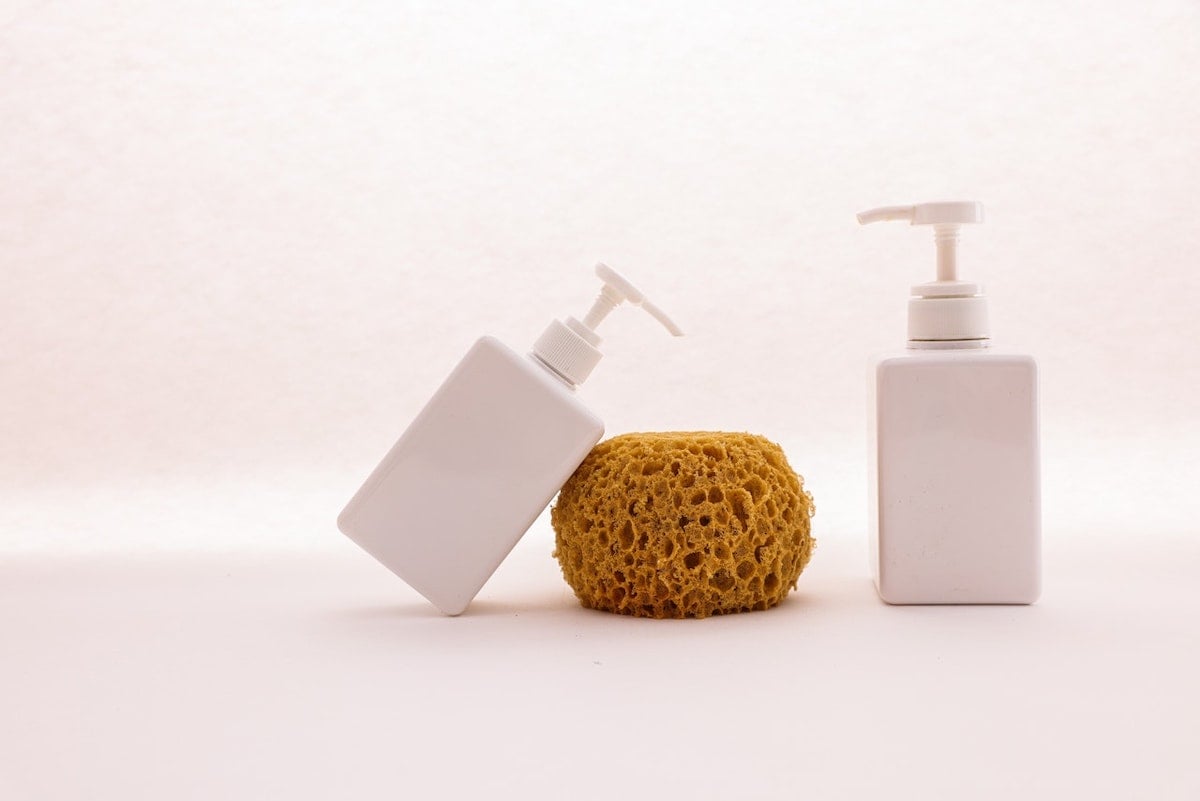
Hair loss
Hair fall is a common problem, especially if you are experiencing stress. Fortunately, there are lots of products in Japan designed to help with hair loss. Search for products with these terms:
- 抜け毛 – Hair loss
- 発毛 – Hair growth
- ボリューム – Japanese-english for ‘volume’
Reading shampoo ingredients in Japan
Japanese Vegan shampoo
Vegan and cruelty free hair/beauty products can be hard to find in Japan. But there are a few brands which claim to be free of ‘動物原料’ (animal ingredients). Brands such as Argelan, Kose Bioliss, and Vegan Style are some good examples. You can learn more about vegan hair care in Japan here.
Silicone free
If you have fine hair, silicone shampoos can be a nightmare. (Pantene, I’m looking at you!). Although they give your hair a rich, smooth shine at first, over time they may cause a sticky build up. Buy shampoo with the following words to avoid silicone ingredients:
- ノンシリコン– Non silicone
- シリコーンフリー – Silicone-free
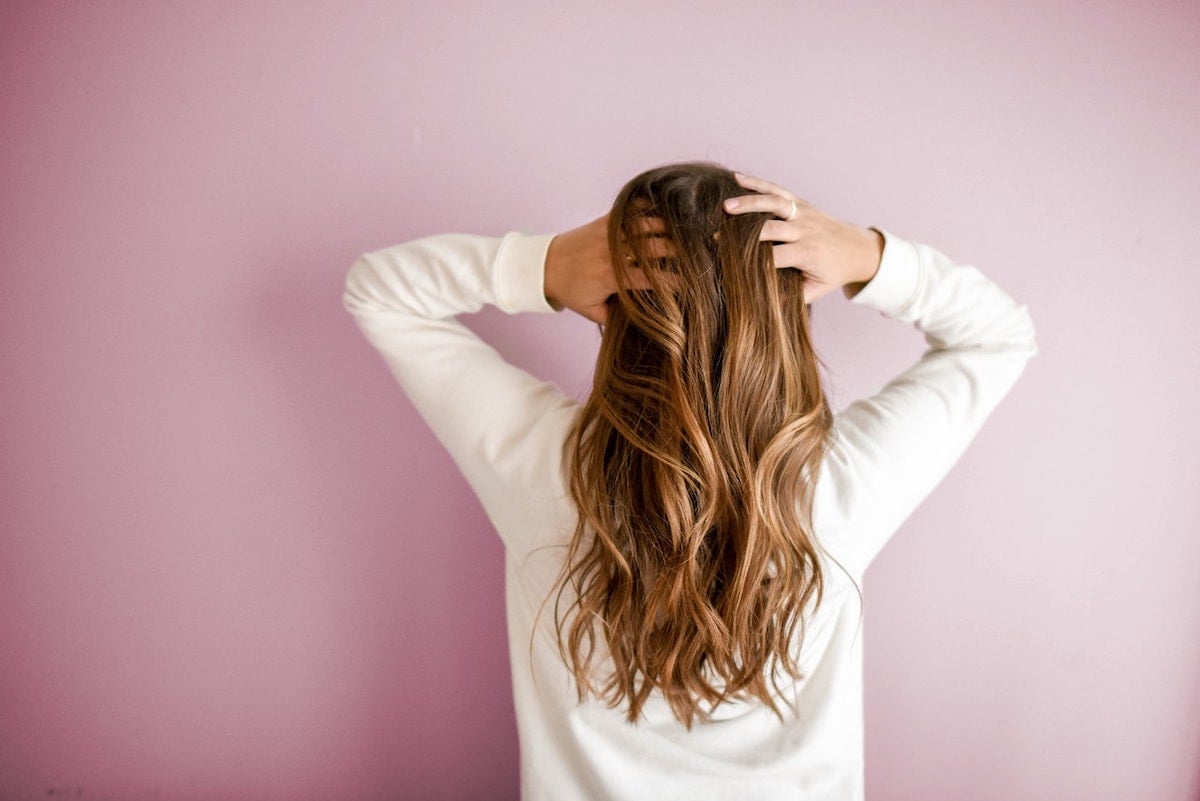
Best shampoo in Japan
Wasabi Shan Kui shampoo – Lush
Lush is credible animal-cruelty-free brand. I have been a fan of their products for decades. Don’t be afraid of this strange sounding shampoo! It has a fruity, slightly spicy scent. The wasabi gives your scalp a little tingly sensation and hard-core deep clean. This shampoo is only available in Lush stores in Japan, so it is a great gift for friends and family back home.
Botanist
Botanist is available in most supermarkets and drug stores in Japan. It is a little pricier than your average bottle shampoo. However, it contains quality ingredients and no silicone for healthy hair. Each shampoo has a light, fresh scent.
Yolu
You may be aware that most Japanese people shower at night before bed. So, a shampoo that helps you sleep makes perfect sense here. Yolu has a lovely neroli and peony scent to sooth you into a restful night. Also, its gorgeous packaging design will add a little glamour to any bathroom.
Himaawari
The idea of an oil-infused shampoo / conditioner scared me at first. Would it leave my hair greasy? But after being brave and trying it, Himawari is now my favorite conditioner in Japan. The nourishing oil is perfect for rejuvenating dry hair, damaged by summer heat or heated hair tools.
We hope this guide will help you find the perfect shampoo in Japan to treat your tresses.





